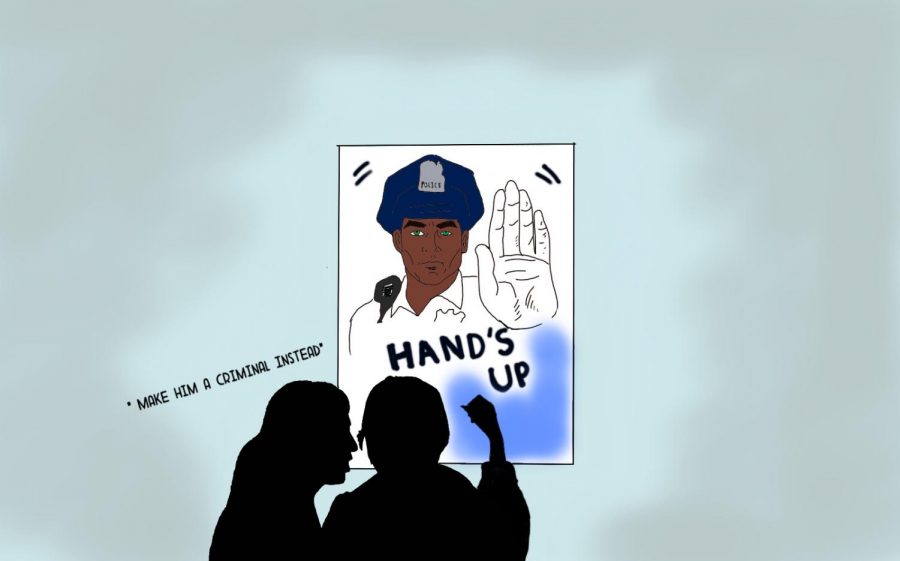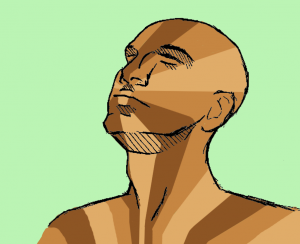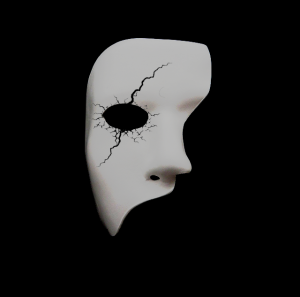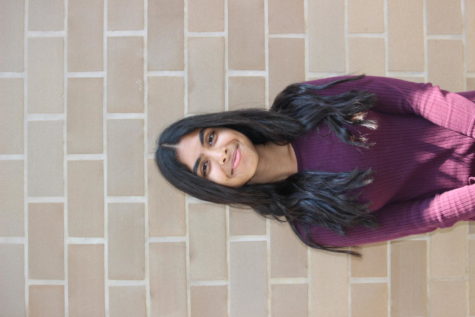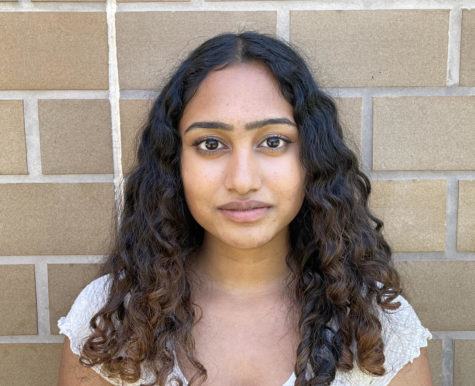Erasing the blind eye faced upon racial stereotypes in Hollywood
A director changes the plot of the movie to fit the racial stereotype.
October 4, 2020
Ravi Ross is about to shoot the ball into the net. A bunch of math equations are going through his head, the crowd goes silent when he is concentrating as everything is in slow motion. SWISH— the ball goes into the net, the crowd is screaming and Ravi’s brother Luke is surprised. He did not think Ravi could score, because Ravi could barely catch a ball thrown directly to him. If you grew up watching Disney Channel, you probably already know what show I’m referencing.
The Disney Channel show “Jessie” features an aspiring model Jessie who moves to New York City. However, she ends up as a nanny, taking care of 4 amazing kids. Emma is the oldest and the only biological child to her parents. She has blonde hair, and is given the rep as being the fashion icon who is not interested in her grades. Following up we have Luke, who was born and raised in Michigan. He is the cute jock all-girls crush over with the dreamy eyes who does not and will not try in school. Followed up by Ravi, a native from India who is known for having the best grades, no social life, struggles with talking to girls, and is physically “weak”. Finally, we have Zuri, the strong-minded, young determined girl born in Uganda, who always gets her way with a pinch of humor.
It’s scary because when I was younger I used to watch this show all the time, and I mean all the time. At least 2 episodes per day, and when I was done, I rewatched them. Nothing ever fazed my mind. Why were the characters given the roles that they had? What happened if we switched the roles?
Racial stereotypes are shown countless and many times in our film industry, so much that we fail to realize it now. When the producers made Luke, the American white boy who became the Jock, or made Zuri the badass girl, and gave Emma the role of being the pretentious blonde, they were doing nothing but adding on to the stereotypes that face our society: how a race can magically determine your interests, hobbies, and behavior.
It is not just one TV show, rather countless who have shown racial stereotypes in their plots and actors. Let’s pick up “The Big Bang Theory”, a show rated 14+, which has accumulated quite a bit of fan following (myself included) over the last eight years. The show revolves around four immensely smart men with their wives/partners with an absolute adore for physics. One of the characters is named Raj. He is sweet, kind, and caring. In the first couple of seasons, he was portrayed as unable to talk to females. Anytime the female characters entered the room, Raj became completely silent, and could not utter a single word. Many thought of this as a funny joke that ran through the seasons. Now you may be thinking, calm down! It’s just one show! But not everyone thinks so.
As Pathrikat Sanyal wrote in ‘How I came to hate The Big Bang Theory’ describing Raj’s character:
“Raj’s worst crime, that he’s a bit metrosexual, allows the other geeks to flex their relative hyper-masculinity over him. Hating Indian food and knowing nothing about Hindu culture gives the majority-white writers’ room a dodge when it comes to researching him properly.”
He further explains how Raj “desexualizes” Asian men, a secret mission by the White writers to appease the “White Masculinity Standards,” but is overlooked because a brown person is on an American Sitcom show!
I have been addressing much of the ‘Indian’ stereotypes, but there are so many more than that. The easiest example of approaching another one would be the stereotype of Black people in films. As the joke is how “ the black person always dies first in the horror film.”
“This is a rather well-documented phenomenon — from Phil Stevens in “Scream 2,” to Ray Arnold in the original “Jurassic Park,” to pretty much every black person in the “Friday the 13th” franchise,” Nikhe Braimah explained in “Designed to Die: Why Black People Always Die first in Horror Movies.”
People joke about it sure, but why is this the case? Often times Black characters are also shown as “burglars” or “the big bad guys involved in gangs and clubs”, like how Zuri was seen as the “sassy character”.
“If you look at a show like High School Musical, you have that casual black friend who acts all sassy, and I feel they always correlate black people to have this attitude, but then never allow them in any other roles.” said Katelyn Dilbeck, a junior at Dougherty Valley High School involved in the theatre program.
She also describes how a lot of casters and producers fall under the act of typecasting – “to assign (an actor or actress) repeatedly to the same type of role, as a result of the appropriateness of their appearance or previous success in such roles.” It is not as bright as it seems.
“If someone walks into the room saying words like ‘I ain’t doing that’ even if it is their normal talk they will immediately get the role of someone in the hood and won’t be given any other opportunity,” Dilbeck said.
Typecasting can make producers fall under the influence of stereotyping people’s roles based on their race to show they can “portray this role better and then the show will end up working better.”
We have covered examples of what kind of racism is shown in the movie industry, however, we have yet talked about the impact of the shows and films. Remember Jessie? The show we addressed in the beginning – well some people may have said it is kids show so how does it matter, kids, are naive. Are kids naive? If much research links kids playing video games to more violent behavior, is it not possible if kids watch these stereotypes being displayed on TV they will fall into it?
I have been a victim of this. When I was younger I used to think that every Indian student had to be amazingly perfect, with the best grades, I can’t play sports or do my hair because only white people do that. I can’t be loud or become the class president. Nope, I have to be the “good” girl. How did I get this point of view in my mind? Watching shows such as Jessie, Bunk’d, and many more definitely influenced my views and strapped me from coming across more experiences in my life.
Not only can it have a bad impact on how you view yourself, but it can also have a bad view on how we view others. If black people are frequently portrayed as “criminals and thugs” we may end up viewing people like that. If Asian people are seen as being “weak and not sports-oriented” we may bully them in PE and not give them an opportunity to try. Racism is tied in pop culture, and we fail to see it. Even the tiniest things we see on TV are considered a small joke, which also influences our views on people.
Research published by Lewis.edu shows how children may take what they perceive in TV into their real life.
“Children’s ideas about how the world works come from their experiences and from the attitudes and behaviors they see around them. The young child who believes that only women are nurses and only men are doctors may have developed this understanding because the first doctor he or she saw was a man, who was assisted by a female nurse. This “man as doctor, woman as nurse” idea.”
One way we can promote more racial acceptance in films and movies is to simply not make Indians be doctors, but cops. Black people are lawyers and not criminals.
“Shows Like Hamilton, Lin-Manuel Miranda did a good job incorporating all races, and even some of the families weren’t all the same race which was pretty cool to see,” Dilbeck said.

